What is PVC Conduit Pipes and Why Do We Use Them in Wiring?
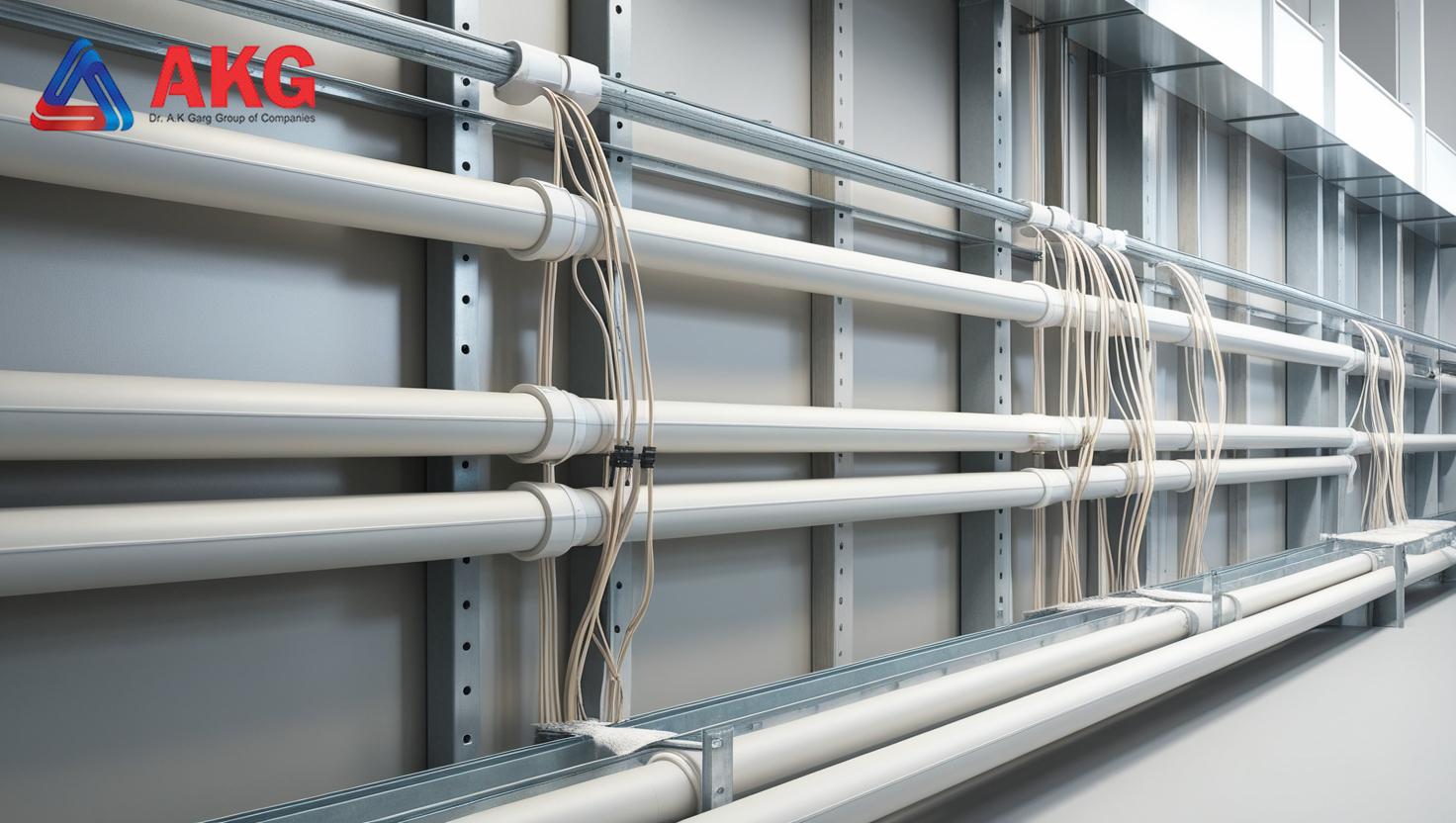
In the simplest terms, PVC conduit pipes are protective tubes made from polyvinyl chloride (PVC) used to route and safeguard electrical wires. They prevent damage from heat, moisture, or accidental contact while keeping the wiring system organized. If you are wondering what is conduit, think of it as a shield that ensures electrical wiring remains safe, durable, and functional for years. Understanding conduit wiring is the first step to realizing why modern electrical systems rely on it.
Why Wiring Needs Protection
Electrical wiring is the backbone of modern infrastructure, but bare wires are vulnerable. Without protection, wires can be damaged by:
- Moisture or water exposure, which may lead to short circuits.
- Physical impact, such as nails, rodents, or accidental cuts during construction.
- Heat and corrosion, which gradually degrade insulation.
This is where conduit wiring becomes important. By placing wires inside a conduit, the risk of fire hazards and system failures is minimized. Conduits not only extend the life of wiring but also make maintenance simpler and safer. This simple explanation of what is conduit shows how it directly prevents potential electrical hazards.
What PVC Conduit Pipes Actually Are
A PVC conduit pipe is a hollow, non-conductive plastic tube made of polyvinyl chloride. Its primary role is to protect house electrical wires and cables. Unlike metallic conduits, PVC conduits are lightweight, cost-effective, and resistant to corrosion.
Some important characteristics include:
- Non-conductive nature: Prevents the risk of current leakage.
- Flexibility and durability: Capable of withstanding bending and long-term use.
- Resistance to chemicals and moisture: Suitable for both indoor and outdoor settings.
If you are still trying to understand what is conduit, think of it as the protective passage that makes electrical distribution safer and more reliable. This clear understanding helps in identifying the right conduit applications for homes, offices, or industrial setups.
Common Use Cases of PVC Conduit in Wiring
PVC conduit is widely used across residential, commercial, and industrial environments. Some common conduit applications include:
- Residential Wiring – Protecting electrical wires in homes from daily wear and tear.
- Commercial Buildings – Ensuring organized wiring systems in offices, malls, and complexes.
- Industrial Installations – Safeguarding high-voltage wiring in factories from dust, heat, and chemicals.
- Outdoor Projects – Protecting underground cables or wires exposed to soil and moisture.
- Temporary Constructions – Offering quick-to-install and dismantle solutions at project sites.
These conduit uses highlight how versatile PVC conduit is. From protecting fragile wires in walls to securing heavy-duty cabling outdoors, conduit systems prove why conduit wiring is indispensable in today’s infrastructure.
Why PVC Conduit is Preferred in Electrical Installations
There are several reasons why PVC conduit is the preferred choice for modern electrical installations:
Safety First
PVC is flame-retardant, meaning it slows down the spread of fire. By housing wires inside PVC, the chances of fire-related accidents are greatly reduced.
Cost-Effectiveness
Compared to metal conduits, PVC is affordable while still offering excellent protective features. Its lighter weight also reduces installation costs.
Corrosion Resistance
In environments where metal conduits would rust, PVC remains unaffected by water, acids, or salts. This makes it reliable in coastal or damp areas.
Ease of Installation
PVC conduits are simple to cut, join, and install. They can be connected with fittings and adhesive, saving both time and labor on site.
Flexibility and Versatility
From concealed wiring inside walls to exposed layouts outdoors, PVC conduit adapts to nearly every scenario. It suits multiple conduit applications whether in homes, offices, or heavy-duty industries.
Long-Term Durability
Once installed, PVC conduits provide consistent protection for wiring with minimal maintenance. This long life makes them one of the most reliable conduit uses in any type of wiring project.
These advantages highlight why conduit wiring with PVC has become the standard in safe electrical design across the world. The answer to what is conduit is best seen in its role as the silent protector of electricity.
Final Thoughts
To sum up, if you are asking what is PVC conduit, it is essentially a protective channel for electrical wires, and PVC conduit is one of the best forms available today. Its strength lies in affordability, safety, resistance to environmental damage, and ease of installation.
From everyday homes to complex industrial setups, PVC conduits prove their worth by ensuring that electricity flows safely and efficiently. Considering the multiple conduit uses, from protecting underground cables to supporting industrial wiring systems, PVC has rightfully earned its place as the preferred choice in electrical installations.
When planning any electrical project, choosing PVC conduit means choosing safety, efficiency, and durability together. Understanding conduit wiring not only enhances safety but also makes future maintenance more practical.
In most projects, conduits are also paired with PVC pipes & fittings, which together create a complete system for secure electrical and plumbing installations.

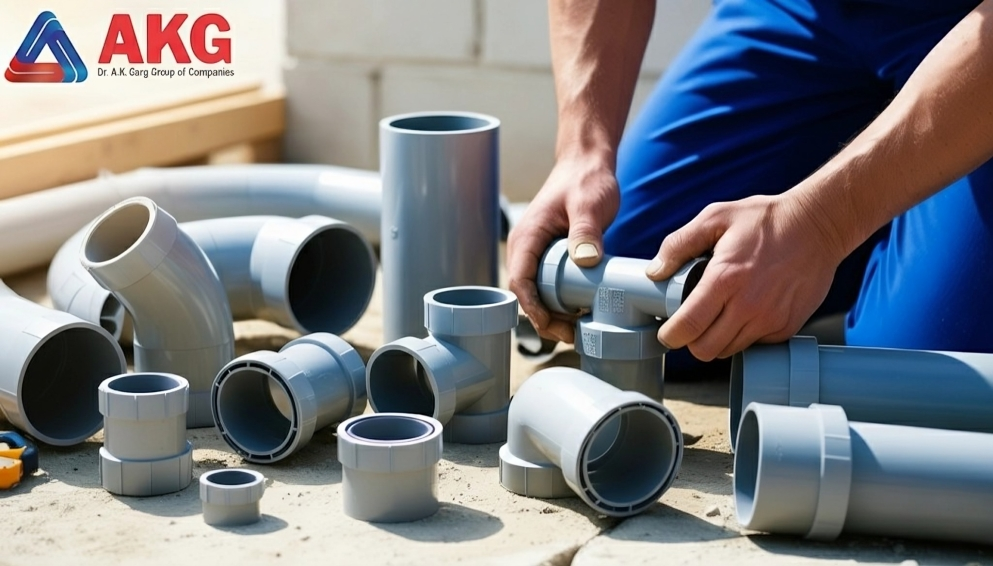
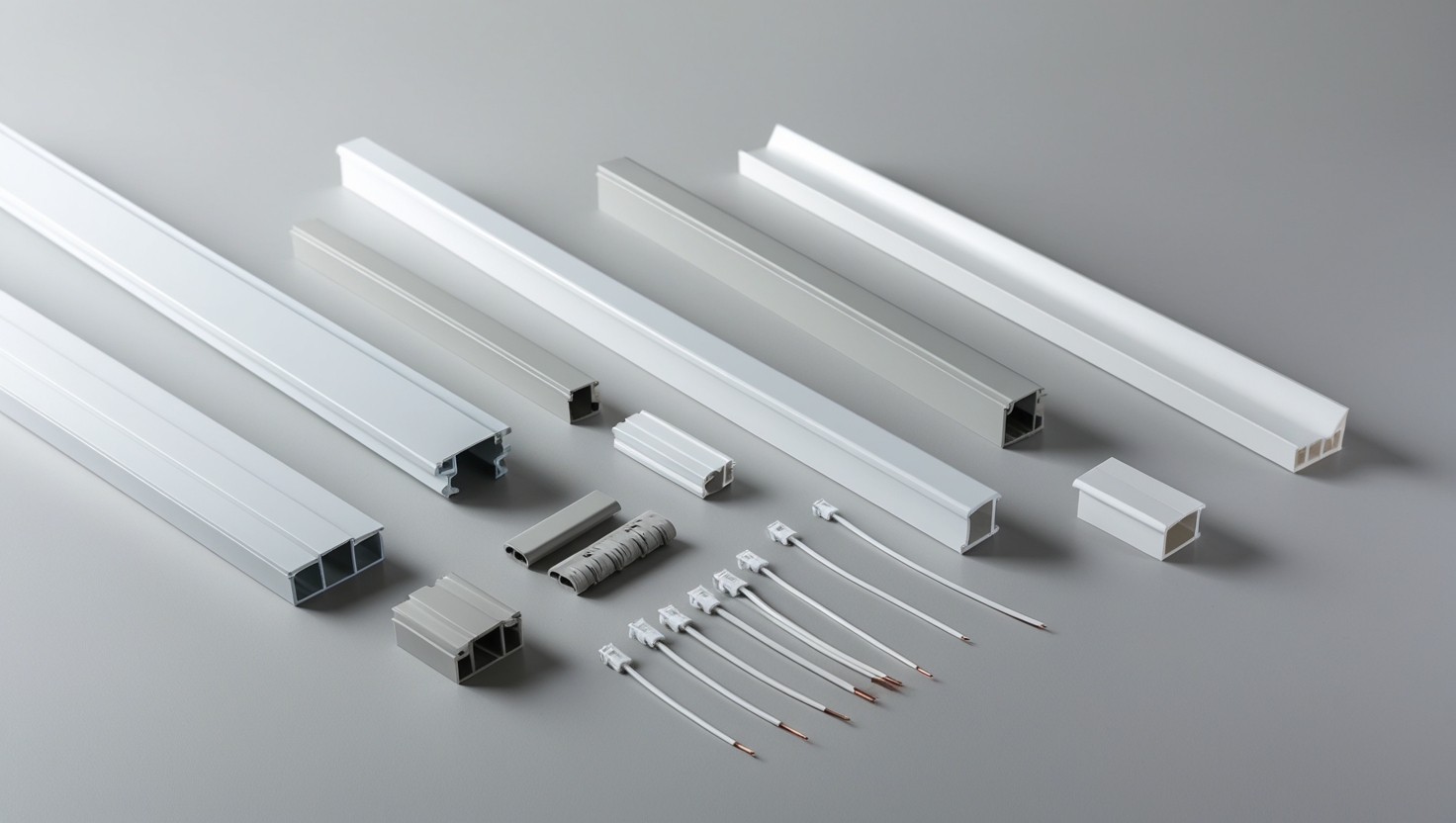
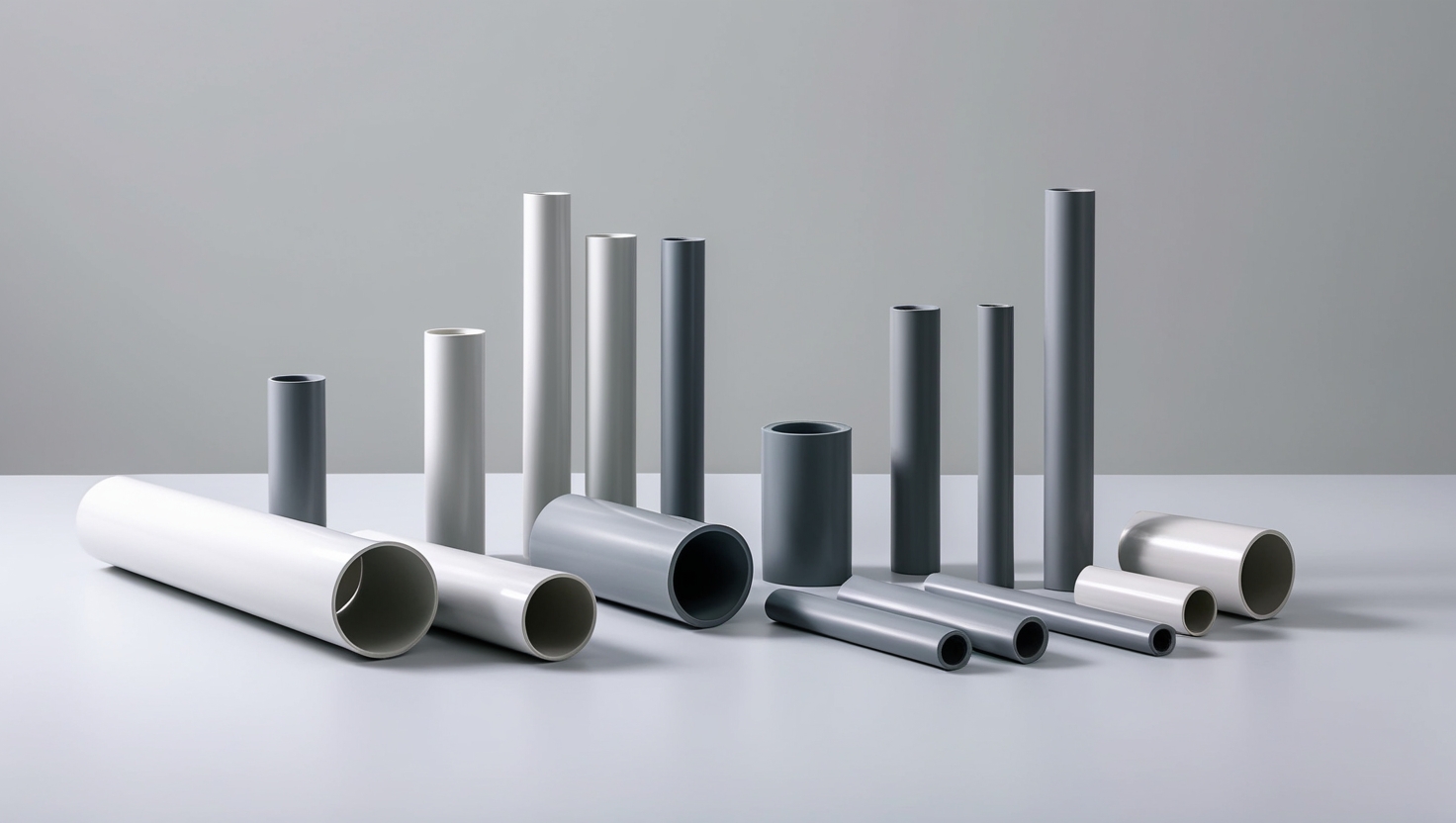
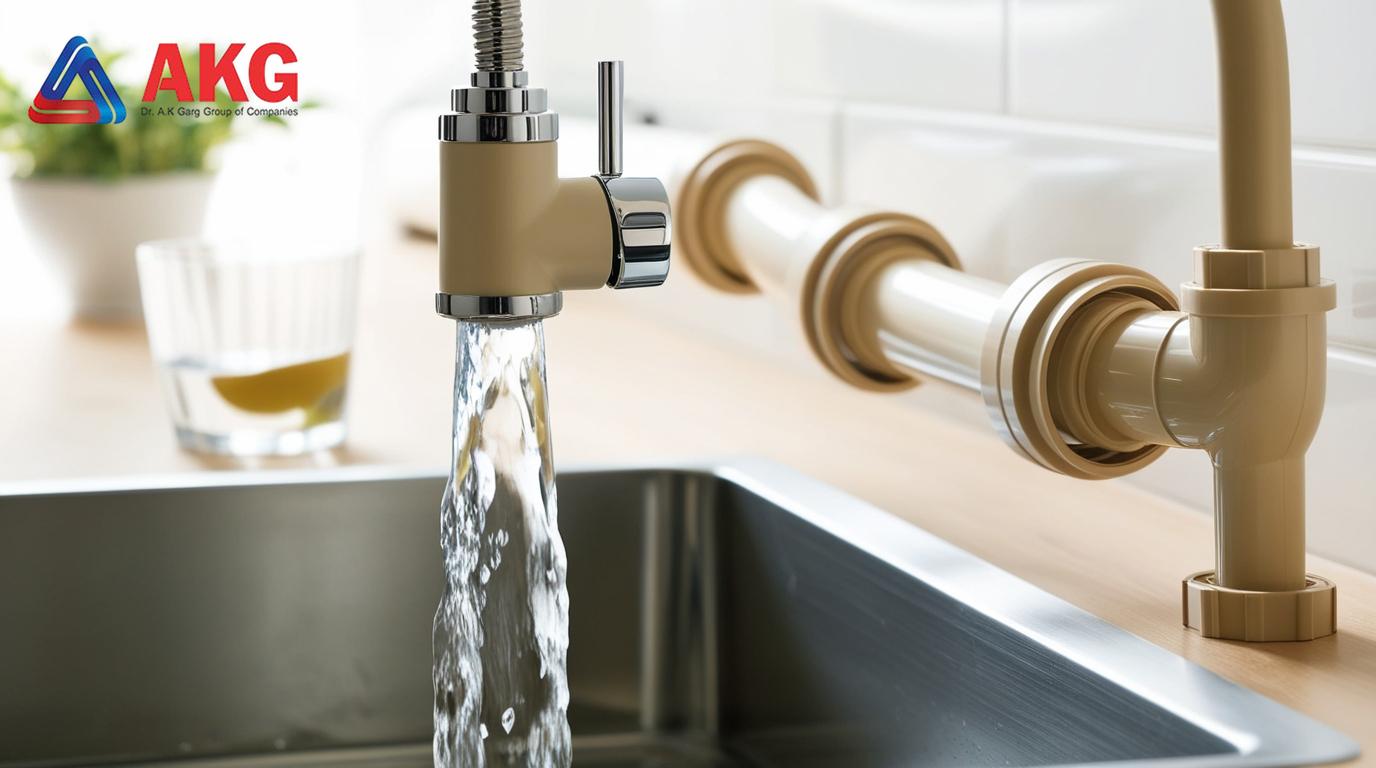
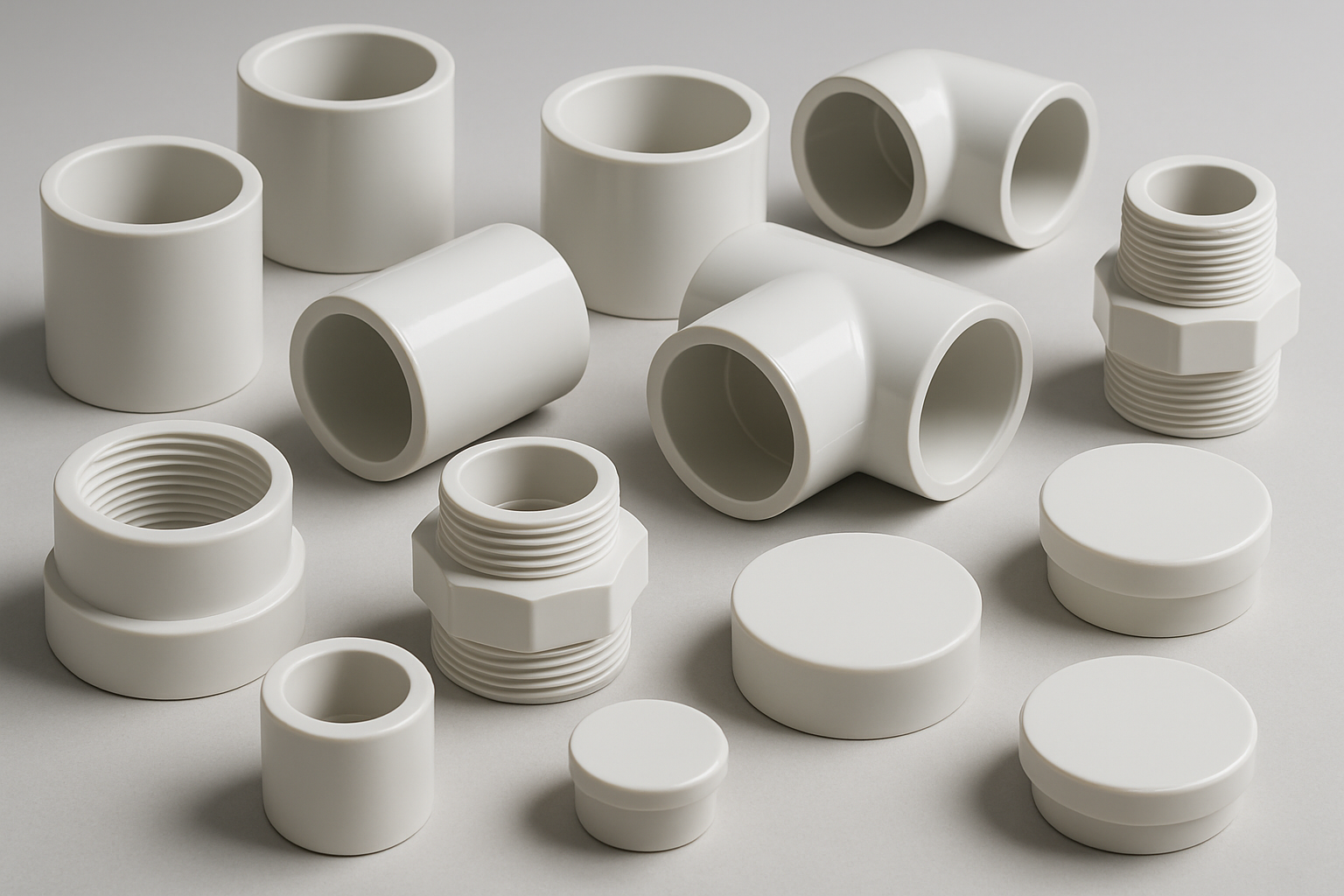
.png)